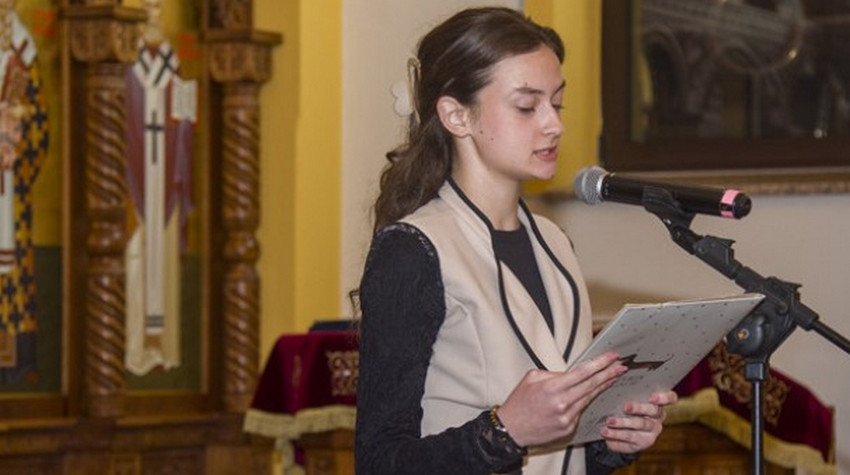115 WORDS THAT CHANGED THE COURSE OF HISTORY
110 years ago, Serbia received a telegram composed of 115 words that would change the course of history and mark the beginning of one of the greatest wars in history.
Exactly one month after the assassination of Archduke Franz
Ferdinand on June 28, 1914, in Sarajevo, Austria-Hungary declared war on
Serbia. On that day (July 28 by the Gregorian calendar, or July 15 by the
Julian calendar), Austro-Hungarian Foreign Minister Count Leopold Berchtold
sent a telegram to the Government of the Kingdom of Serbia stating that
"Austria-Hungary considers itself in a state of war with Serbia."
The telegram declaring war, under the number 3523, contained
115 words. These words marked the beginning of one of the greatest wars in
history—the First World War, as reported by Sputnik Serbia.
Austria-Hungary's declaration of war, sent to the Serbian
Government by mail (so that everyone could read it), was unprecedented. Never
before had one country declared war on another in such a manner. Due to the
unusual way the Austro-Hungarian dispatch arrived, many initially doubted its
authenticity.
The telegram was sent from Vienna on July 28 at 11:10 AM and
received in Niš at 12:30 PM. It first arrived at the main post office in
Belgrade but was forwarded by a telegraph operator to Kragujevac, where
telegraph operator Ružica Petrović deciphered it and sent it to Serbian Prime
Minister Nikola Pašić in Niš, which was the wartime capital of Serbia.
The telegram read:
"Since the Royal Serbian Government has not given a
satisfactory reply to the note presented to it by the Austro-Hungarian Minister
in Belgrade on July 23, 1914, the Imperial and Royal Government finds it
necessary to safeguard its rights and interests by resorting to force of arms.
Austria-Hungary, therefore, considers itself henceforth in a state of war with
Serbia. (Signed: Austro-Hungarian Foreign Minister Count Berchtold)."
In 2015, the telegram was inscribed in UNESCO's "Memory
of the World" register, on the proposal of the State Archives of Serbia,
for its universal cultural significance.
To mark the 110th anniversary of the outbreak of World War
I, the State Archives of Serbia presented three documents that preceded one of
the greatest conflicts in human history. From the Ultimatum on July 23, to the
Serbian Government's Response on July 25, to the Telegram received on July 28,
1914, which officially started the long-prepared war.
By showcasing the original Austro-Hungarian Ultimatum, the
Royal Government's Response, and the Declaration of War telegram, Serbia and
the Republic of Srpska began their joint commemoration of 110 years since the
start of World War I.
After the Sarajevo assassination, Serbia tried to ease
tensions and refute the accusations from Vienna, but to no avail. War drums
were beating towards Serbia, while imperial diplomats crafted the coercive
Ultimatum that would soon be presented to the Serbian Government.
The Ultimatum was delivered on July 23, 1914, in the
afternoon by Austrian envoy Baron Vladimir von Giesl to Serbian Finance
Minister Lazar Paču. Serbia was given 48 hours to respond.
In the document known today as the "July
Ultimatum," Serbia was not directly accused of organizing the Sarajevo
assassination, but it was stated that it had "tolerated the machinations
of various societies and associations directed against the Monarchy, indecent
press language, glorification of the perpetrators of deeds, and participation
of officers and officials in subversive agitation."
The Royal Government made the greatest possible concessions,
but the Ultimatum was crafted in such a way that it was expected to be
rejected. After Baron Giesl's reaction to the response, the same day (July 25),
the Serbian Government issued a Manifesto informing the people of the situation
and the possibility of war.
The response of the Royal Serbian Government to the
Austro-Hungarian Ultimatum was personally delivered by Prime Minister Nikola
Pašić to Baron Giesl, who took less than an hour to conclude that Serbia's
response was unsatisfactory and demonstratively left Belgrade with the entire
delegation, first sending Pašić a note on the severance of diplomatic relations
between the two countries.
Despite Vienna's attempt to humiliate and bring Serbia to
its knees, the first Austrian shell fired at Belgrade on the following day 110
years ago not only marked the beginning of World War I but also the beginning
of the end of the Habsburg Monarchy—the Serbian soldier prevailed.
Source: Sputnik Serbia













